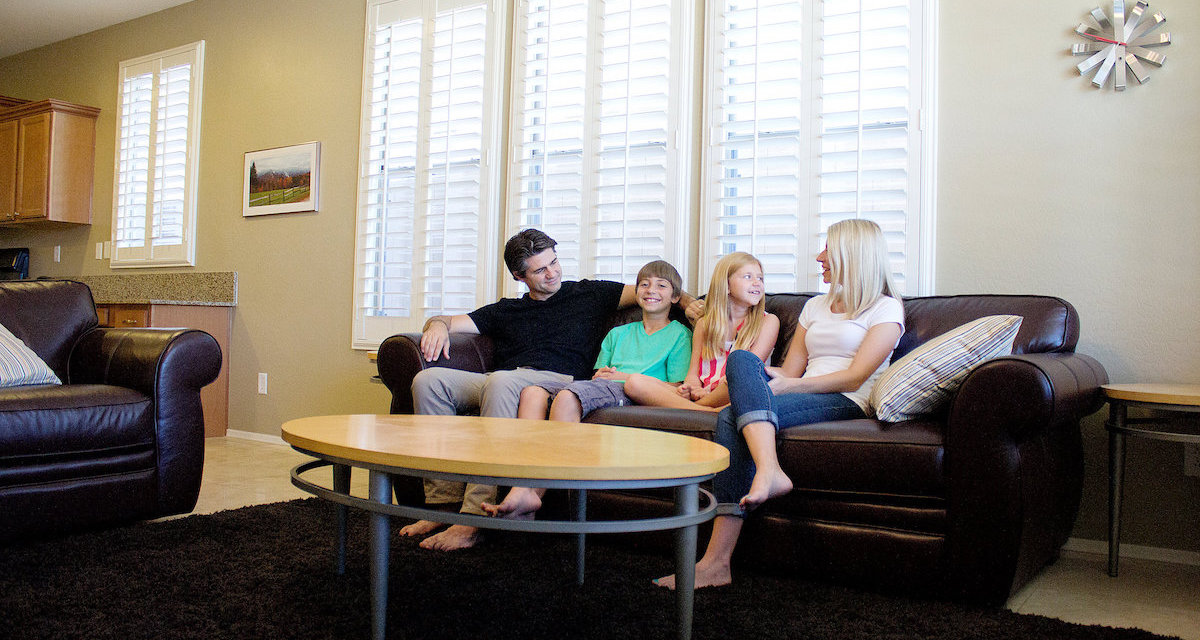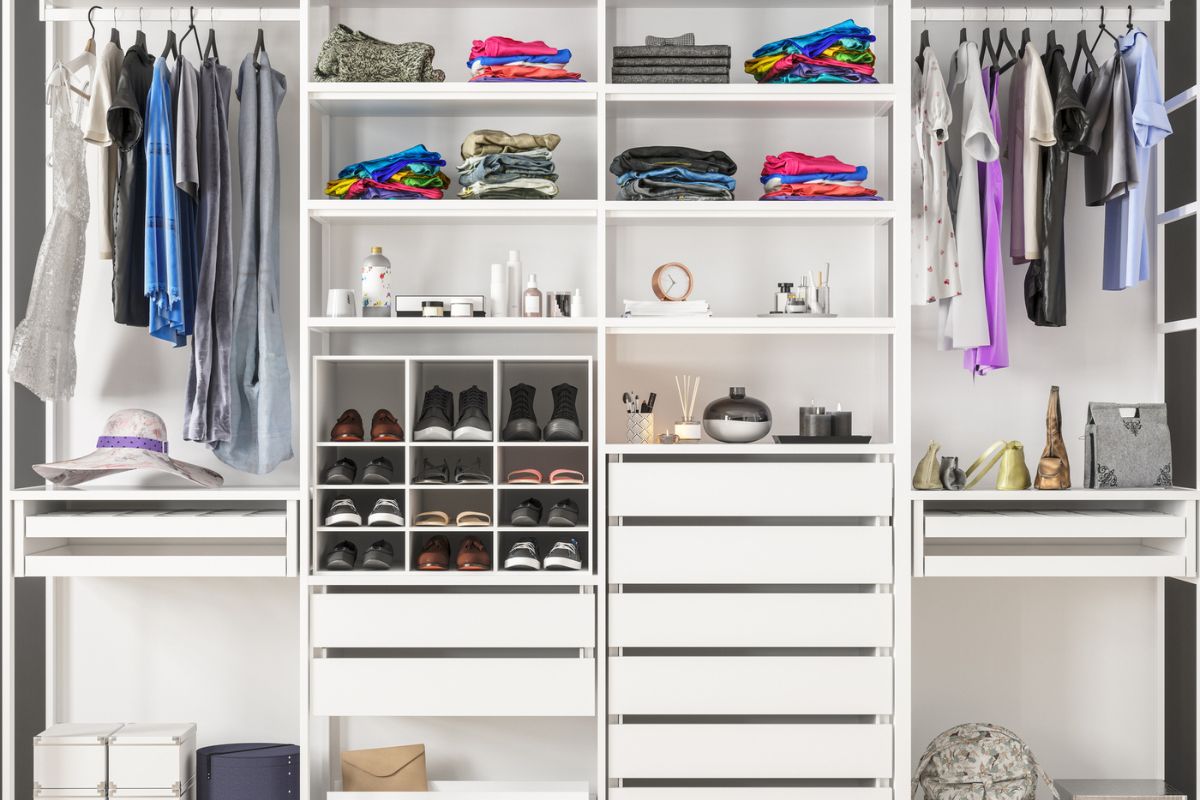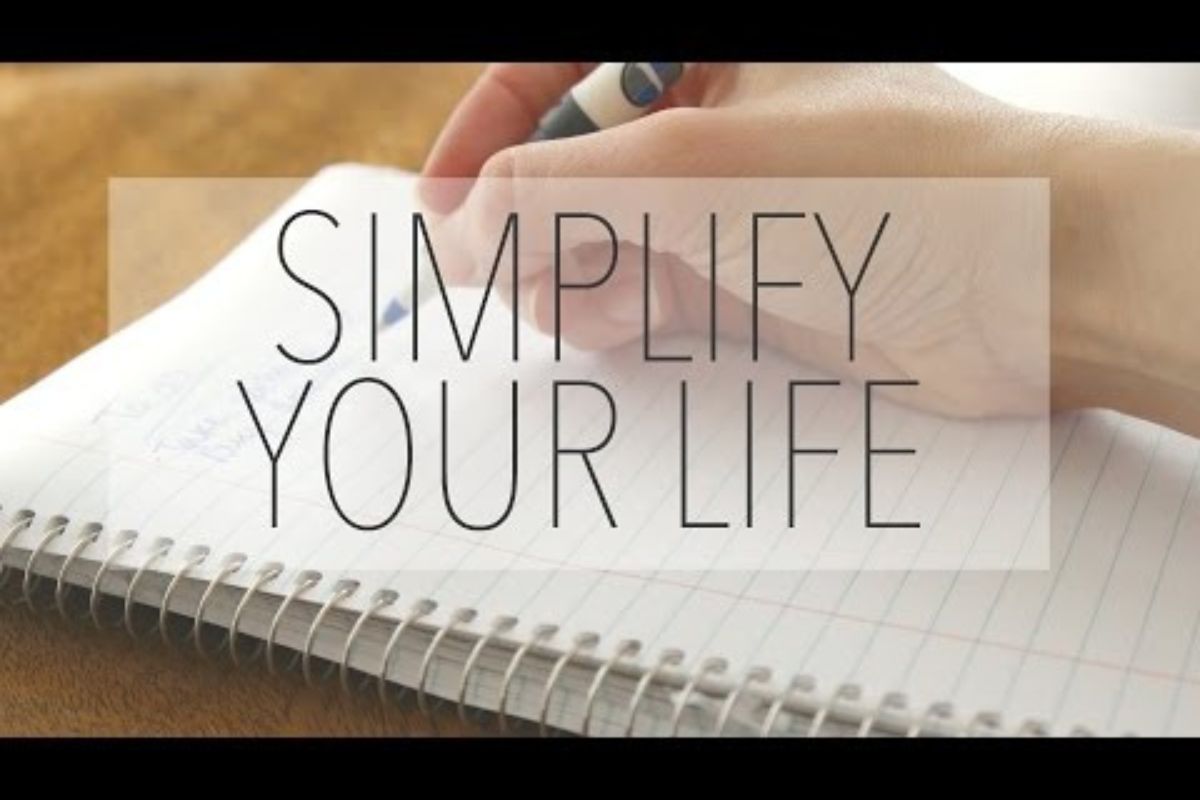Minimalist living is a lifestyle that focuses on simplifying one’s life by reducing possessions and focusing on what truly brings happiness and fulfillment. By embracing minimalism, individuals aim to declutter their physical space, as well as their mental and emotional well-being.
At its core, minimalist living encourages people to prioritize experiences over material possessions, fostering a greater sense of freedom and contentment. This can involve downsizing to a smaller living space, adopting a more frugal approach to spending, and cultivating mindfulness in daily activities.
By eliminating excess belongings and commitments, minimalist living allows individuals to create more time and space for the things that truly matter to them, whether it’s spending quality time with loved ones, pursuing personal passions, or simply enjoying moments of solitude and reflection.Minimalist living isn’t about deprivation or sacrifice; rather, it’s about intentional living and focusing on the essentials. By simplifying their lives, people often find greater clarity, peace of mind, and overall happiness. Embracing minimalism can lead to a more meaningful and fulfilling existence, free from the distractions and pressures of consumerism, and centered on what truly brings joy and contentment.
Minimalist living.

Minimalist living is a lifestyle characterized by simplicity, intentionality, and the deliberate reduction of material possessions and distractions. At its core, minimalist living is about focusing on what truly adds value and meaning to one’s life while eliminating excess clutter, both physical and mental.
Practicing minimalist living involves decluttering living spaces, owning only possessions that serve a purpose or bring genuine joy, and prioritizing experiences and relationships over material goods. It encourages individuals to be mindful of their consumption habits, opting for quality over quantity and embracing a less-is-more mentality.
By embracing minimalist principles, people often find themselves feeling lighter, more organized, and less overwhelmed by the demands of modern life. With fewer possessions to manage and fewer commitments to juggle, they can enjoy increased freedom, flexibility, and peace of mind.
Minimalist living is not a one-size-fits-all approach; it looks different for everyone based on individual preferences, values, and goals. Some may choose to downsize to a smaller home, while others may focus on simplifying their digital lives or reducing their environmental footprint.
Ultimately, minimalist living is about aligning one’s lifestyle with their values and priorities, fostering greater happiness, fulfillment, and overall well-being in the process.
What is Minimalis?
Minimalism is a lifestyle philosophy centered around the intentional reduction of excess possessions, distractions,and clutter in order to focus on what truly matters. At its core, minimalism advocates for simplicity, mindfulness, and the pursuit of a more meaningful existence.

In practice, minimalism encourages individuals to evaluate their belongings, commitments, and habits, and to eliminate anything that does not serve a clear purpose or bring genuine value and joy to their lives. This may
involve decluttering physical spaces, adopting frugal spending habits, and prioritizing experiences and relationships over material possessions.
Minimalism is not solely about owning fewer things; it’s also about cultivating a mindset of intentionality and mindfulness in all aspects of life. By reducing the distractions and noise of modern consumer culture, minimalism allows individuals to focus on personal growth, fulfillment, and the pursuit of their passions and goals.
While minimalism looks different for everyone, it often leads to greater freedom, creativity, and inner peace. By simplifying their lives and shedding unnecessary baggage, adherents of minimalism strive to live more deliberately and authentically, leading to a deeper sense of contentment and fulfillment.m?
The Benefits of Minimalism?
The benefits of minimalism include reduced stress and anxiety, increased clarity and focus, and enhanced financial freedom. By decluttering physical spaces and simplifying lifestyles, individuals often experience improved mental well-being and a greater sense of control over their lives. Minimalism encourages mindful consumption and fosters deeper connections with loved ones, leading to richer experiences and relationships. Additionally, embracing minimalism can lead to environmental sustainability by reducing waste and promoting conscious living. Overall, the minimalist lifestyle promotes greater happiness, fulfillment, and a renewed appreciation for the essentials in life.
Decluttering Your Physical Space.
Decluttering your physical space involves systematically organizing and removing unnecessary items from your surroundings.

By simplifying your environment, you can reduce feelings of overwhelm and increase productivity. Start by sorting through belongings and categorizing them into keep, donate, or discard piles. Optimize storage solutions to maximize space and minimize visual clutter. Regularly assess your possessions to prevent accumulation of unnecessary items. Decluttering not only creates a cleaner and more organized living space but also fosters a sense of clarity and calmness, allowing you to focus on what truly matters in your life.
Streamlining Digital Clutter.
Streamlining digital clutter involves organizing and simplifying your digital files, emails, and online accounts to improve efficiency and reduce overwhelm. Start by deleting unnecessary files and emails, and organize remaining items into categorized folders. Unsubscribe from email lists and notifications that no longer serve you. Utilize cloud storage or external hard drives to store important documents and photos, freeing up space on your devices. Implement a consistent naming convention for files to facilitate easier searching and retrieval. Regularly review and delete unused apps and digital subscriptions. Set up automated backups to protect valuable data. By streamlining digital clutter, you can enhance productivity, reduce stress, and gain better control over your digital life, allowing you to focus on what truly matters.
Minimalism in Finances.
Minimalism in finances involves simplifying and optimizing your financial life by prioritizing essential expenses, eliminating unnecessary spending, and focusing on long-term financial goals. Start by creating a budget that aligns with your values and goals, and cut out non-essential expenses such as subscriptions or impulse purchases. Embrace a minimalist mindset by questioning every purchase and determining if it adds genuine value to your life. Automate bill payments and savings contributions to streamline financial management. Focus on building an emergency fund and paying off debt to achieve financial stability. Invest in quality over quantity and prioritize experiences over material possessions. By practicing minimalist principles in finances, you can reduce financial stress, achieve greater financial freedom, and live a more intentional and fulfilling life.
Minimalist Mindset.

In this chapter, we delve into the foundational principles of adopting a minimalist mindset. We explore the importance of shifting perspectives to prioritize experiences, relationships, and personal growth over material possessions. Embracing minimalism involves letting go of societal pressures and consumerist ideals, and instead focusing on what truly brings happiness and fulfillment.
We discuss techniques for cultivating mindfulness and intentionality in daily life, such as practicing gratitude, embracing simplicity, and learning to let go of attachment to physical belongings. Through anecdotes and practical exercises, readers are encouraged to reflect on their values and identify areas where they can simplify and declutter their lives.
By the end of this chapter, readers will have gained a deeper understanding of the mindset shifts necessary to embrace minimalism fully. They will be equipped with practical strategies to overcome obstacles and embrace a minimalist lifestyle that aligns with their values and goals.
Minimalism in Relationships.
Minimalism in relationships involves prioritizing quality over quantity and fostering meaningful connections with others. It’s about surrounding yourself with people who uplift and support you, while letting go of toxic or superficial relationships. Embrace open communication, boundaries, and mutual respect to nurture healthy connections. Simplify your social circle by focusing on those who truly add value to your life, rather than spreading yourself thin with numerous acquaintances. By prioritizing deep, authentic relationships, you can cultivate a richer, more fulfilling social life and create space for meaningful experiences and connections.
Sustainability and Minimalism.
Sustainability and minimalism are closely intertwined philosophies that advocate for conscious consumption and reducing environmental impact. Minimalism encourages owning fewer possessions and prioritizing quality over quantity, which inherently reduces resource consumption and waste. By embracing minimalism, individuals often adopt more sustainable habits such as recycling, reusing, and choosing eco-friendly products. Additionally, minimalism promotes mindful living and encourages people to consider the environmental consequences of their actions. By integrating sustainability into a minimalist lifestyle, individuals can minimize their ecological footprint and contribute to a more environmentally conscious society for future generations.

Conclusion:
In conclusion, minimalism offers a transformative approach to living that prioritizes simplicity, intentionality, and fulfillment. By decluttering physical spaces, streamlining digital clutter, and adopting a minimalist mindset, individuals can cultivate a more meaningful and sustainable lifestyle. Through the deliberate reduction of possessions and distractions, minimalism fosters greater clarity, peace of mind, and freedom. By focusing on what truly matters and letting go of excess, individuals can unlock new opportunities for personal growth, deeper connections, and lasting happiness. Embracing minimalism is not just about simplifying one’s life; it’s about reclaiming control, finding contentment, and living with purpose.
Frequently asked questions.
Who is a minimalist life?
A minimalist lives intentionally, focusing on essential aspects of life while reducing excess and clutter. They prioritize experiences, relationships, and personal growth over material possessions, embracing simplicity and mindfulness in their daily routines. A minimalist seeks to streamline their life, making deliberate choices to align their actions with their values and goals. By letting go of unnecessary distractions and consumerist pressures, they cultivate a sense of freedom, contentment, and fulfillment. Ultimately, a minimalist strives to live authentically, with clarity of purpose and a deep appreciation for the richness of life’s simpler pleasures.
Does living a minimalist lifestyle make for a happier life?
Living a minimalist lifestyle can lead to greater happiness by reducing stress, increasing clarity, and fostering appreciation for the essentials. By prioritizing meaningful experiences and relationships over material possessions, minimalists often find greater contentment, fulfillment, and a deeper sense of purpose in their lives.
How do you simplify your life minimalist?
To simplify your life as a minimalist, focus on decluttering physical and digital spaces, prioritizing essential belongings, and adopting a minimalist mindset. Streamline your routines, reduce commitments, and embrace mindfulness. Practice intentional decision-making and let go of excess to create space for what truly matters in your life.
What is minimalist techniques?
Minimalist techniques involve strategies such as decluttering, organizing, and prioritizing to simplify one’s life. These techniques emphasize reducing possessions, streamlining routines, and focusing on essential tasks. Minimalists also practice mindfulness, intentional living, and setting boundaries to cultivate a more meaningful and fulfilling lifestyle.
